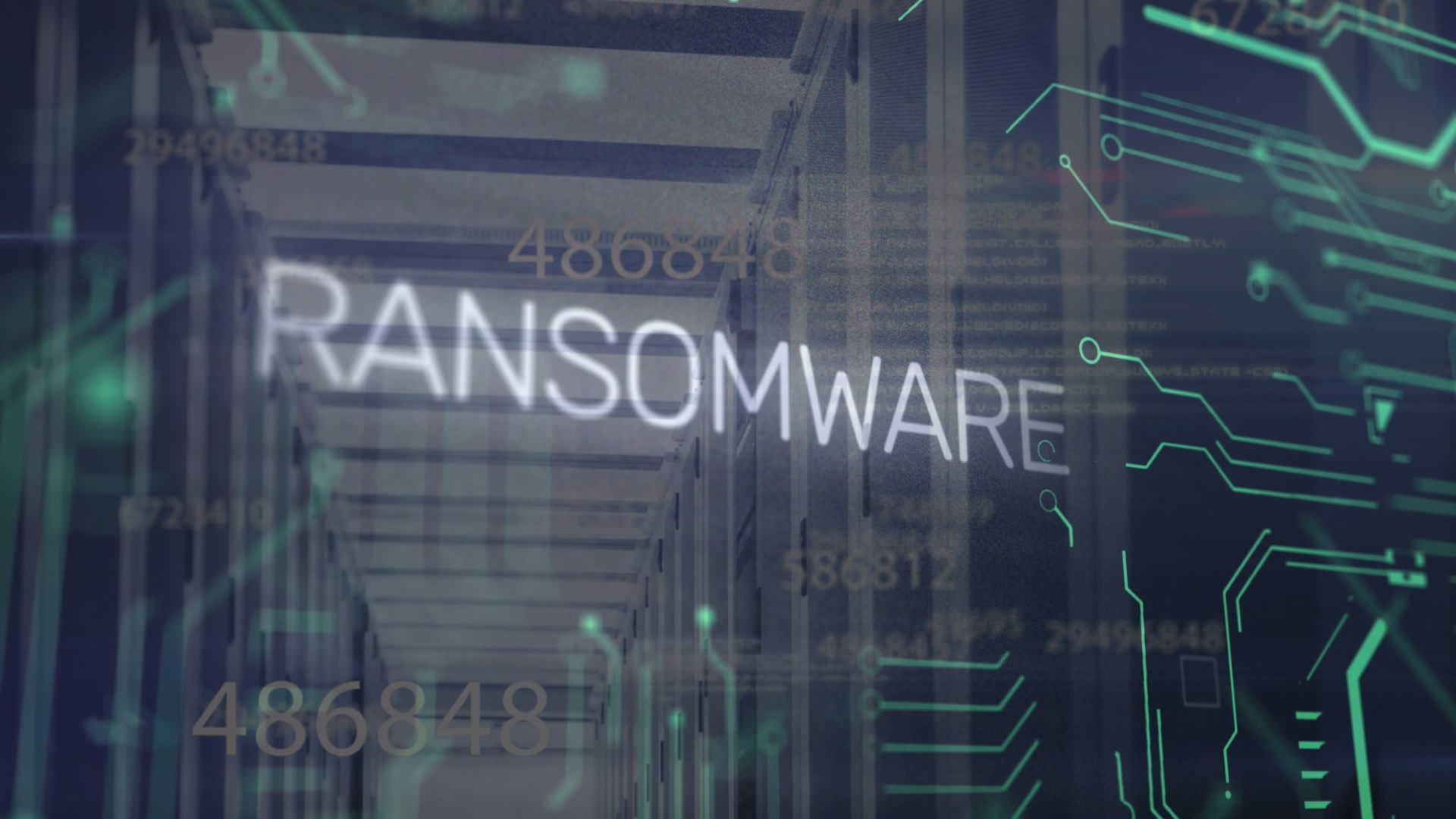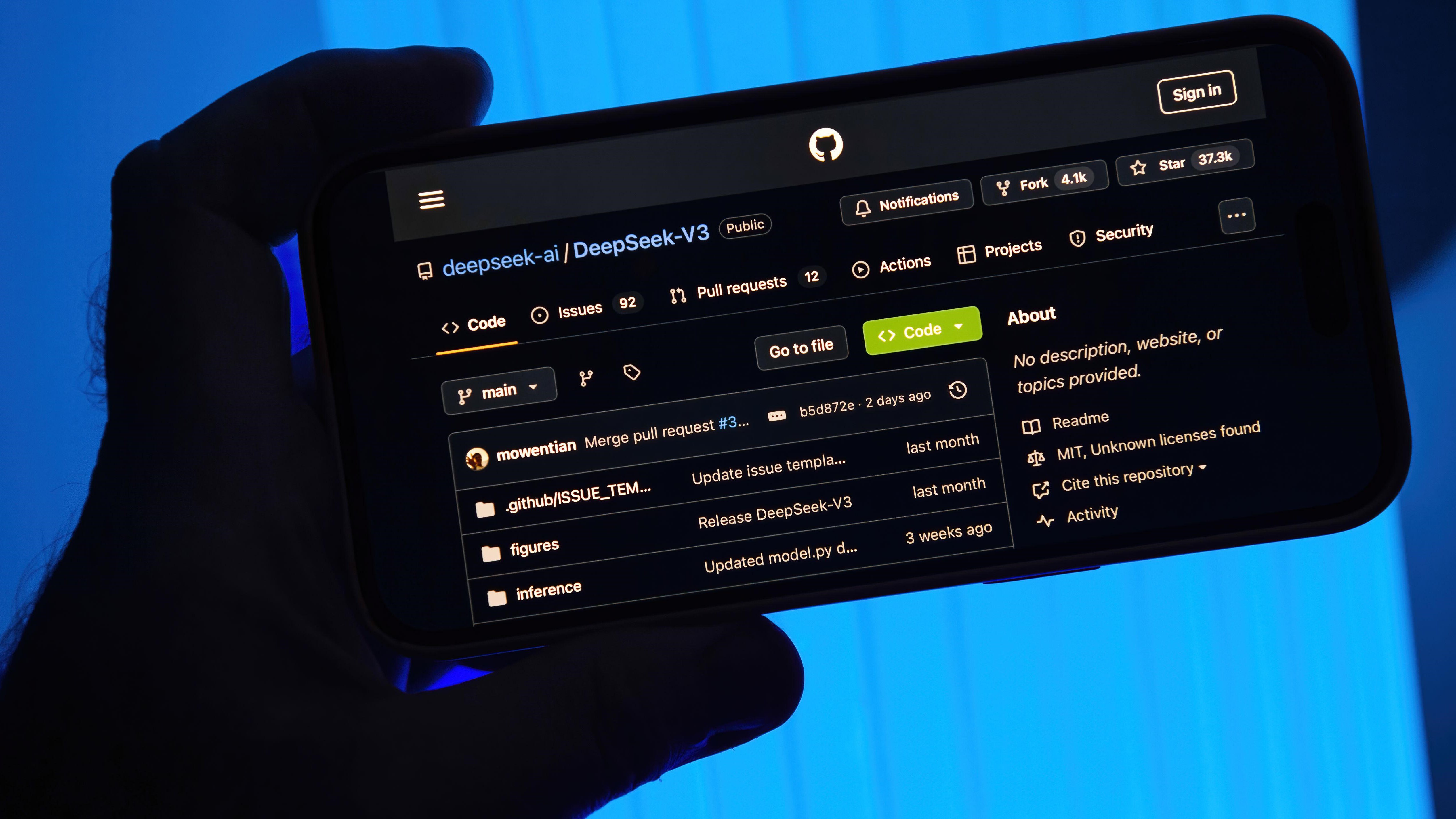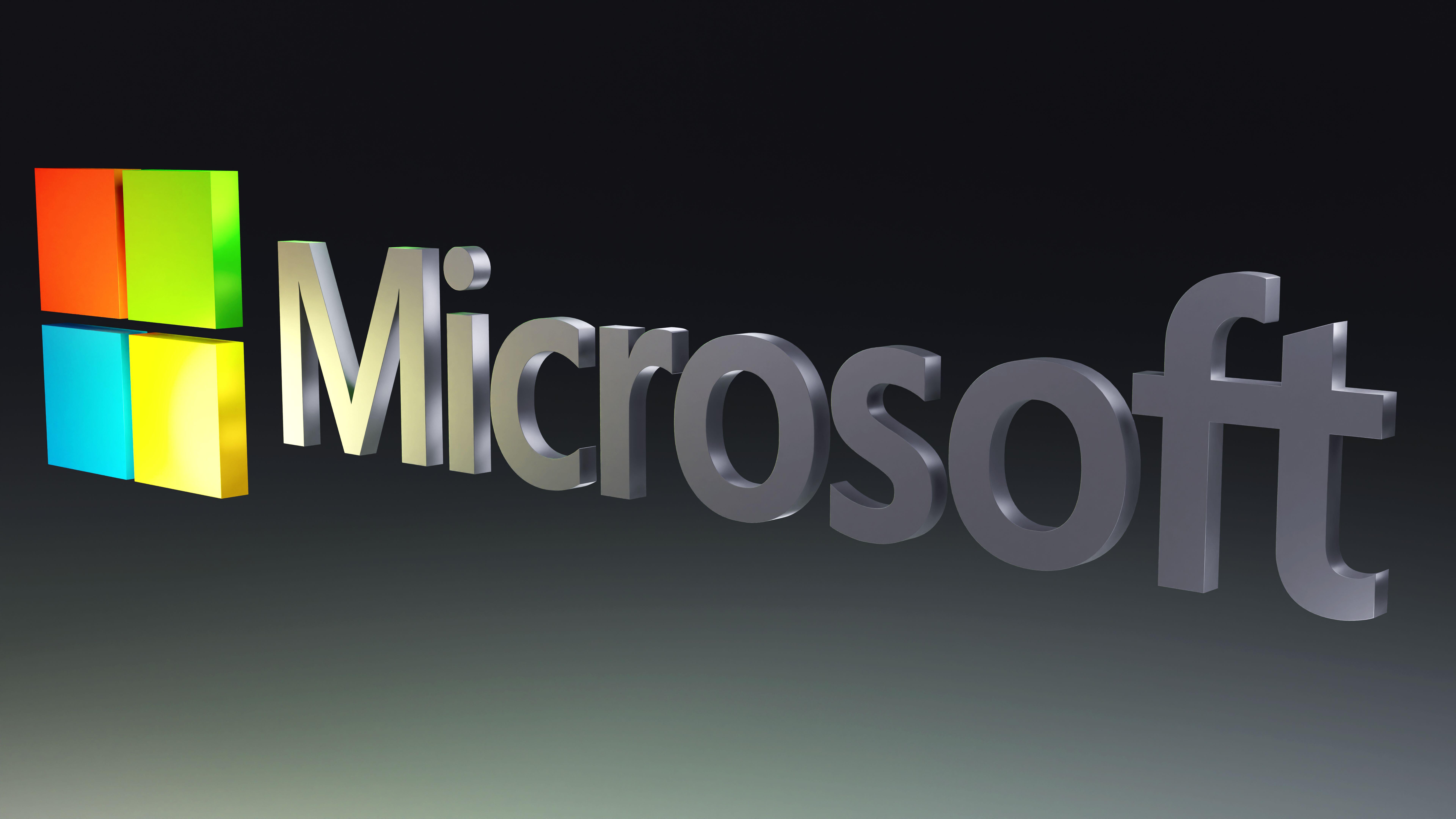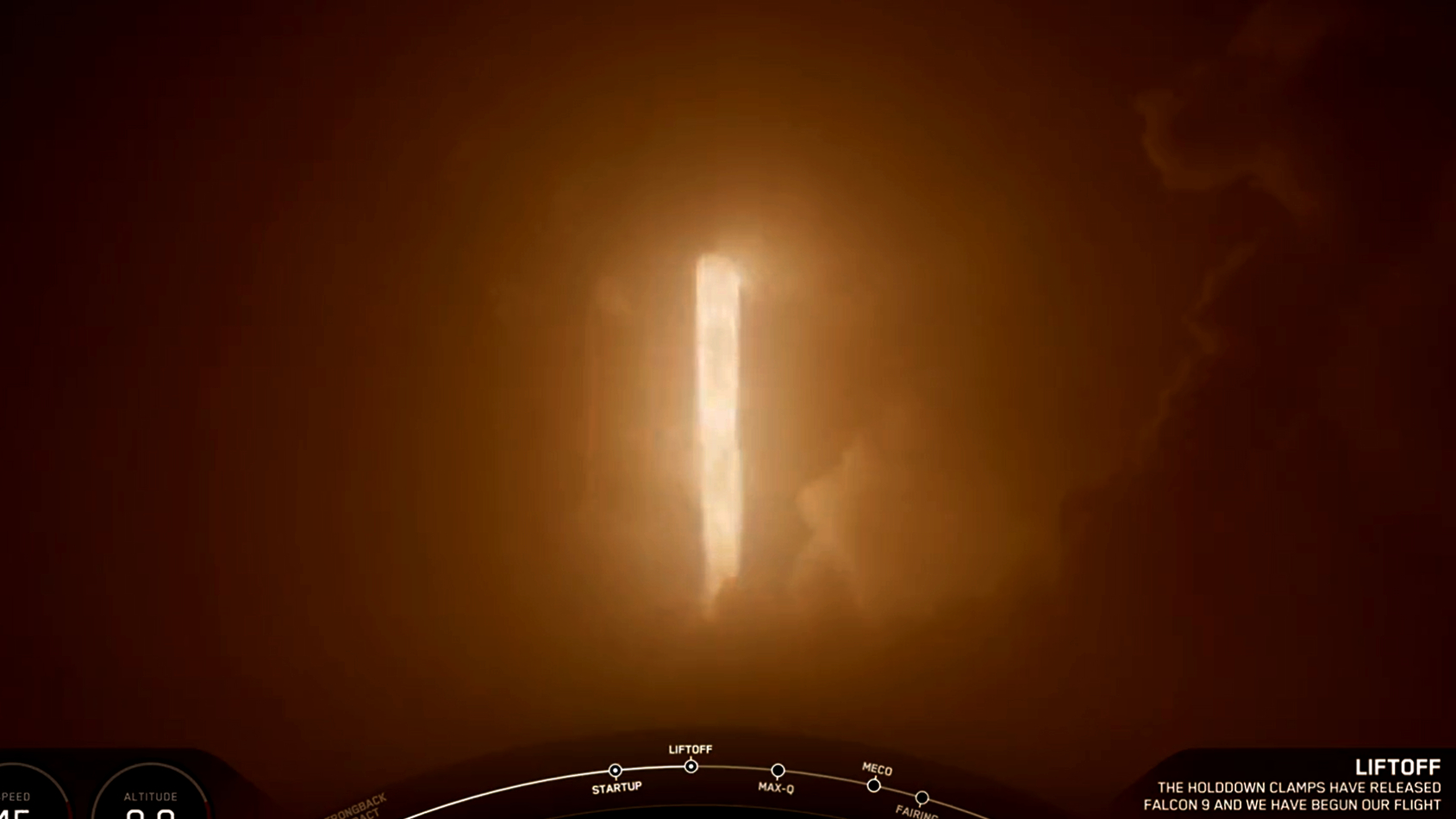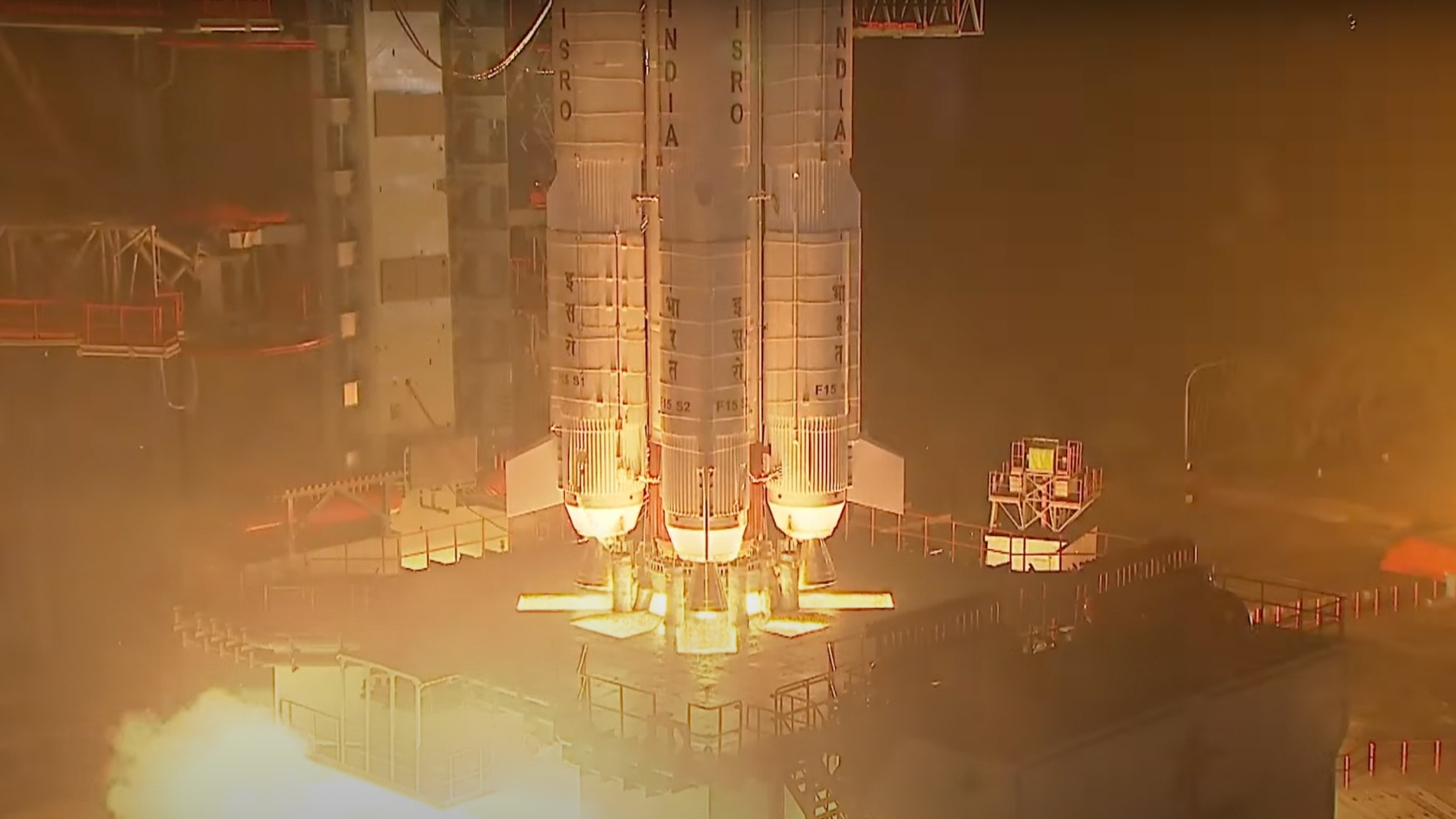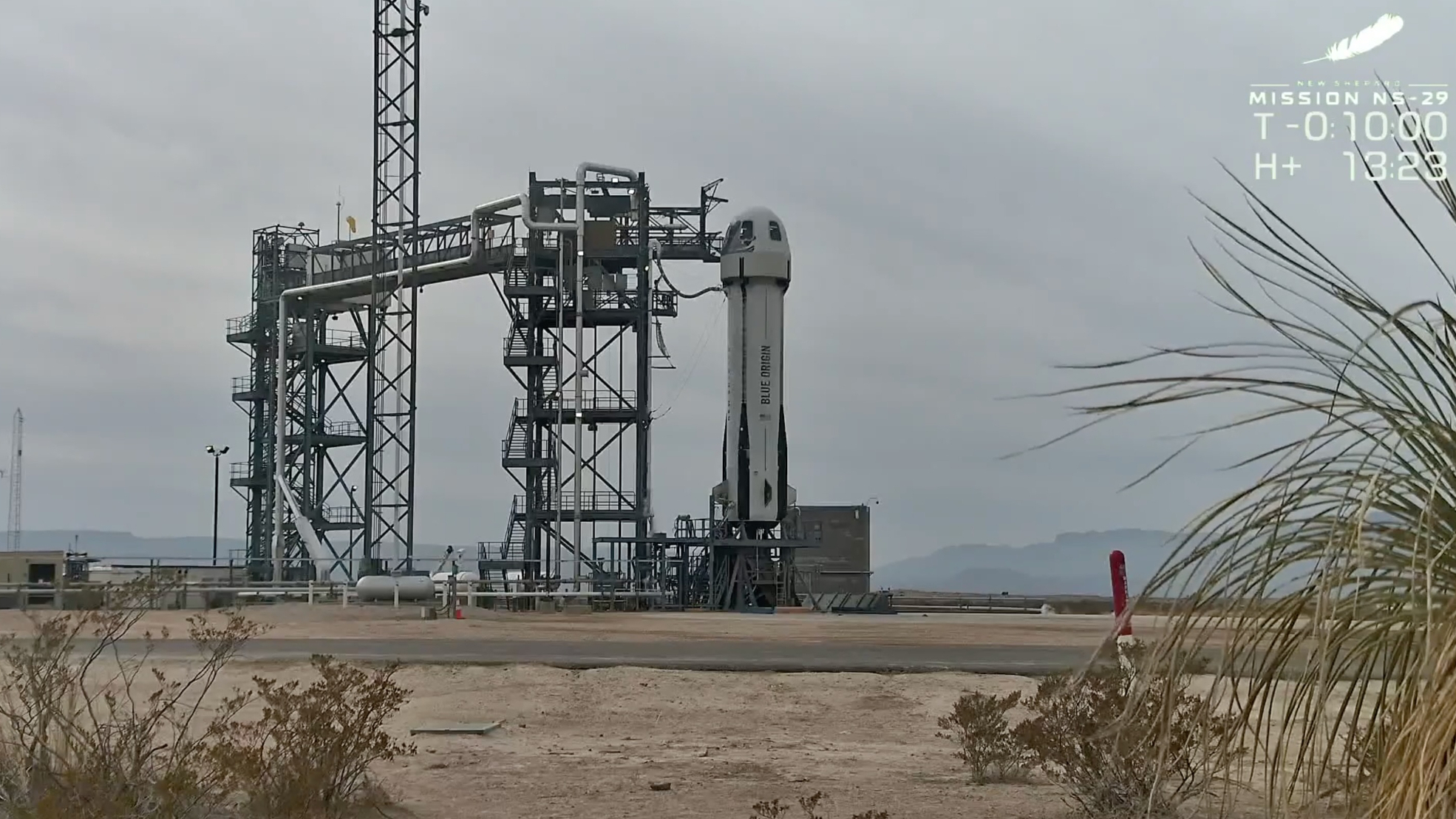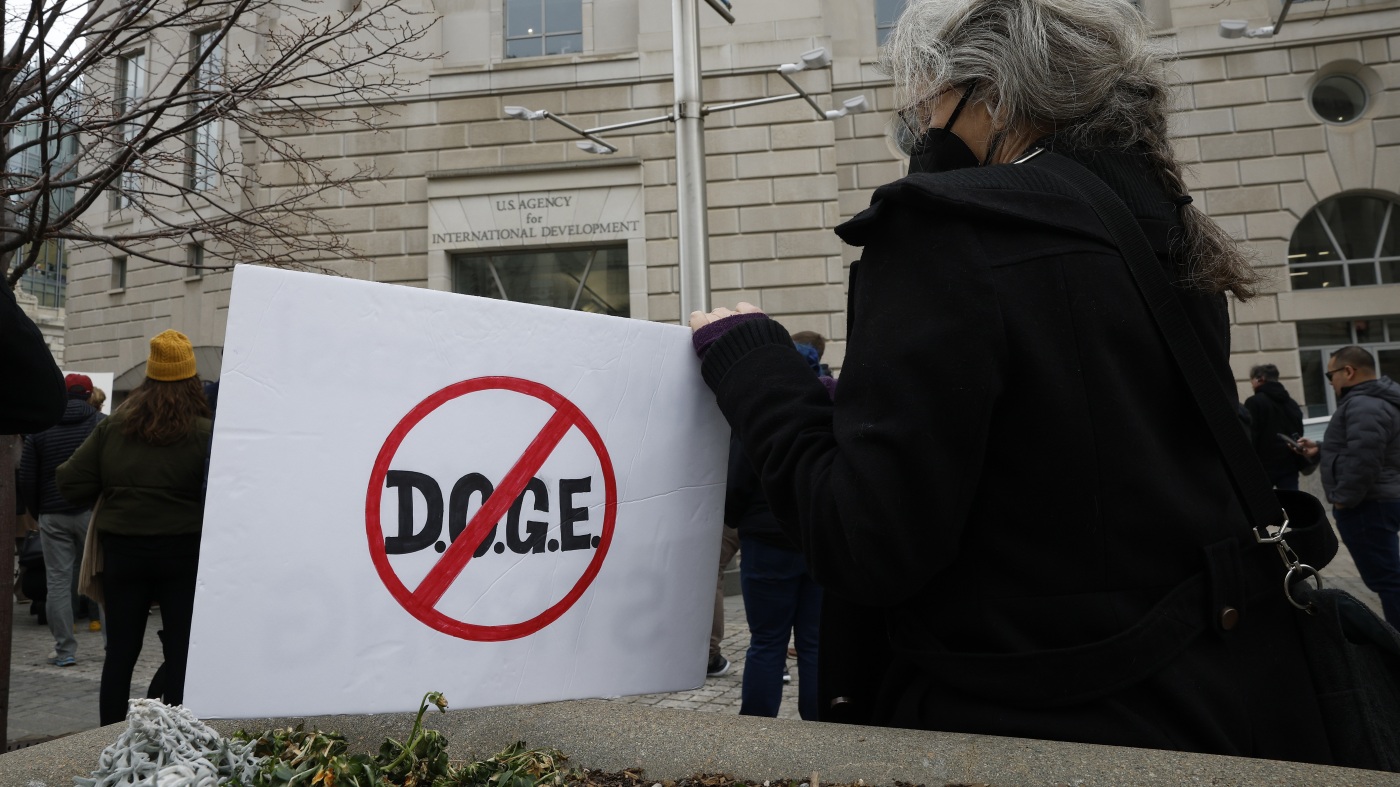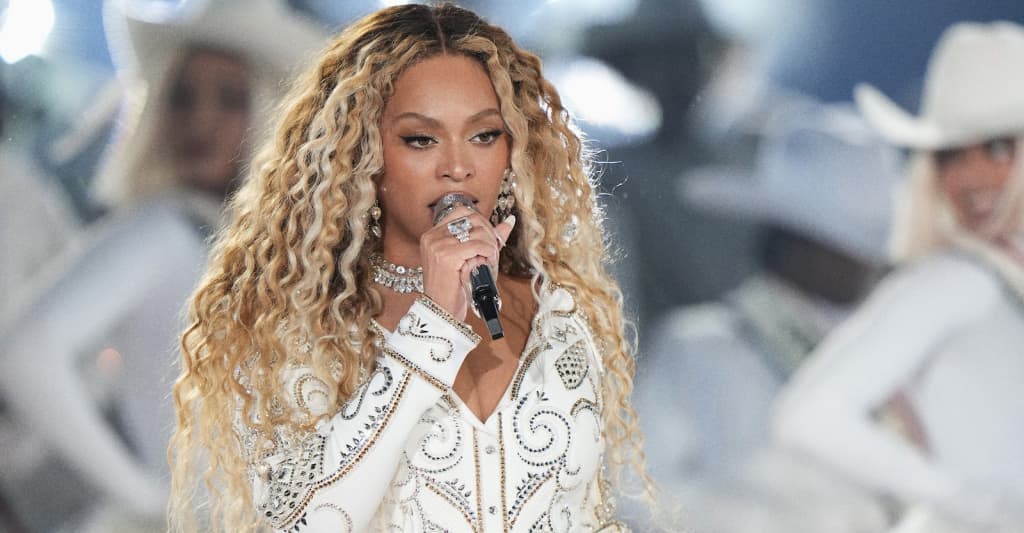Elon Musk Is President
The world’s richest man has declared war on the federal government, and his influence appears unchecked.

He did not receive a single vote. He did not get confirmed. He does not receive a government paycheck.
The world’s richest man has declared war on the federal government and, in a matter of days, has moved to slash its size and reach, while gaining access to some of its most sensitive secrets. He has shaped the public discourse by wielding the powerful social-media site he controls and has threatened to use his fortune to bankroll electoral challenges to anyone who opposes him.
Elon Musk’s influence appears unchecked, triggering cries of alarm from those who worry about conflicts of interest, security clearances, and a broad, ill-defined mandate. But the Republican-controlled Congress has shown no desire so far to rein Musk in. There has never been a private citizen like him.
“I think Elon is doing a good job. He’s a big cost-cutter,” Donald Trump told reporters last night after stepping off Air Force One, upon returning to Washington from Palm Beach. “Sometimes we won’t agree with it, and we’ll not go where he wants to go. But I think he’s doing a great job. He’s a smart guy. Very smart. And he’s very much into cutting the budget of our federal budget.”
Musk’s assault on the government unfolded rapidly in recent days, as he used his role as the head of the so-called Department of Government Efficiency (DOGE) to slash spending. His stated goal: cut $500 billion in annual spending. DOGE has limited powers. It is not an actual government agency—one can be created only by an act of Congress. Musk’s task force was set up through a presidential executive order. And Congress has the authority to set spending.
[Read: Elon Musk has appointed himself king of the world]
His own role remains murky: A White House official told me today that Musk is working for Trump as a “special government employee,” formalizing a position in the administration but allowing him to sidestep federal disclosure rules. Musk is not being paid, the official said.
Musk lacks legal authority, but he is close to power. At times working from the White House campus, Musk plainly enjoys his position as the president’s most influential adviser. Trump famously turns on aides who he believes eclipse him. But by his own account, he remains enamored of Musk, seeming to relish the fact that the world’s wealthiest person is working for him, the White House official told me, speaking on the condition of anonymity in order to relay private conversations. Trump, the official said, also believes that Musk has shown a willingness to take public pushback for controversial actions, allowing the president himself to avoid blame.
Over the weekend, Musk set his sights on the U.S. Agency for International Development, declaring in a series of X posts, without evidence, that USAID is “a criminal organization” that is “evil” and “must die.” The Trump administration, adopting a transactional, “America First” view of global engagement, has subjected the agency—the world’s largest provider of food assistance—to aid freezes, personnel purges, and mass confusion. Musk in recent days became the would-be executioner. In an X Spaces live chat early this morning, he said he had discussed USAID’s future with Trump “in detail, and he agreed that we should shut it down.”
“And so we’re shutting it down,” Musk said.
Hours later, Secretary of State Marco Rubio announced that he was assuming the role of acting director of the agency, which he said the White House wants to fold into the State Department. USAID’s proponents have long seen it as a useful tool of American soft power that acts as a bulwark against China and Russia; its apparent demise was cheered by former Russian President Dmitry Medvedev, who wrote on X that Musk was making a “smart move” to “plug USAID’s Deep Throat. Let’s hope notorious Deep State doesn’t swallow him whole.”
Musk might not succeed in kneecapping the agency. Several Democrats denounced the plan to move it to the State Department, arguing that Congress had established USAID as a separate agency and that moving or closing it would take a subsequent act of Congress. But Republicans on the Hill were muted, seemingly willing to sacrifice their power as a co-equal branch of government in order to appease Musk and Trump.
[Read: What Elon Musk really wants]
GOP lawmakers also do not seem to object to Musk’s installation of former staffers from Tesla, X, and the Boring Company at several agencies, including the Office of Personnel Management, which essentially handles federal human resources, and the General Services Administration, which manages government real estate. Some of Musk’s lead aides, according to Wired, are 19 to 24 years old. (When a user on X later posted the names of those aides, Musk replied, “You have committed a crime,” and suspended the account.)
Over the weekend, Treasury Secretary Scott Bessent granted DOGE staffers access to the system that sends out money on behalf of the entire federal government, ceding to Musk—whose wealth is estimated at more than $325 billion—a powerful tool to monitor and potentially limit federal spending. That move ended a standoff with a top Treasury official, a career civil servant named David Lebryk, who was put on leave and then suddenly retired after he tried to prevent Musk’s lieutenants from getting into the department’s payment system.
“The only way to stop fraud and waste of taxpayer money is to follow the payment flows and pause suspicious transactions for review. Obviously,” Musk posted today on X. “Naturally, this causes those who have been aiding, abetting and receiving fraudulent payments very upset. Too bad.”
The department, in a process run by civil servants, disbursed more than $5 trillion in fiscal year 2023. Access to the payment system is tightly held because it includes sensitive personal information about the millions of Americans who receive Social Security checks, tax refunds, and other payments from the federal government. Moreover, two of Musk’s companies—Tesla and SpaceX—have more than $15 billion in government contracts, and according to some Democrats, Musk might now have access to information about competitor businesses, creating conflicts of interest. Musk also has business interests overseas, including in China.
A group of Senate and House Democrats has vowed a court battle over Musk’s access to the payment system. “Elon Musk, you may have illegally seized power over the financial payments systems of the Treasury, but you don’t control the money of the American people,” Democratic Representative Jamie Raskin of Maryland said at a news conference today outside USAID headquarters, in Washington. “The U.S. Congress does that under Article 1 of the Constitution. We don’t have a fourth branch of government called ‘Elon Musk.’”
[Read: Purging the government could backfire spectacularly]
But this morning, Ed Martin, the interim U.S. attorney for Washington, D.C., released a letter he wrote to Musk declaring that his office would “pursue any and all legal action against anyone” who tried to impede DOGE’s work.
Last week, Musk was the driving force behind an email from the Office of Personnel Management with the subject line “Fork in the Road,” demanding that millions of federal employees accept massive workplace changes or resign. The White House official told me that Musk came up with the email subject line, which was also the language he used in an email to Twitter employees shortly after he purchased the company in 2022.
After taking over Twitter and rebranding it as X, Musk demolished the company’s value and sparked a mass exodus of users. But it gave him a powerful political platform—which he is also now using to try to influence European elections—and there are signs that business is improving. The site brought in $25 million in political-advertising revenue in 2024, mostly from Republicans, and The Wall Street Journal reported last week that Amazon—owned by Jeff Bezos, who also owns the dominant newspaper in the nation’s capital—was increasing its spending on X.
Last week, the only news story that competed with Trump’s takeover of the nation’s capital was the collision between a military aircraft and a civilian jet that killed 67 people. The National Transportation Safety Board took the lead on the investigation, as it always does. But as the nation looked for news on the devastating tragedy, the first major airline crash in the United States in 15 years, the government agency made clear where the American people would need to turn: “All NTSB updates about news conferences or other investigative information will be posted to this X account. We will not be distributing information via email.”




















